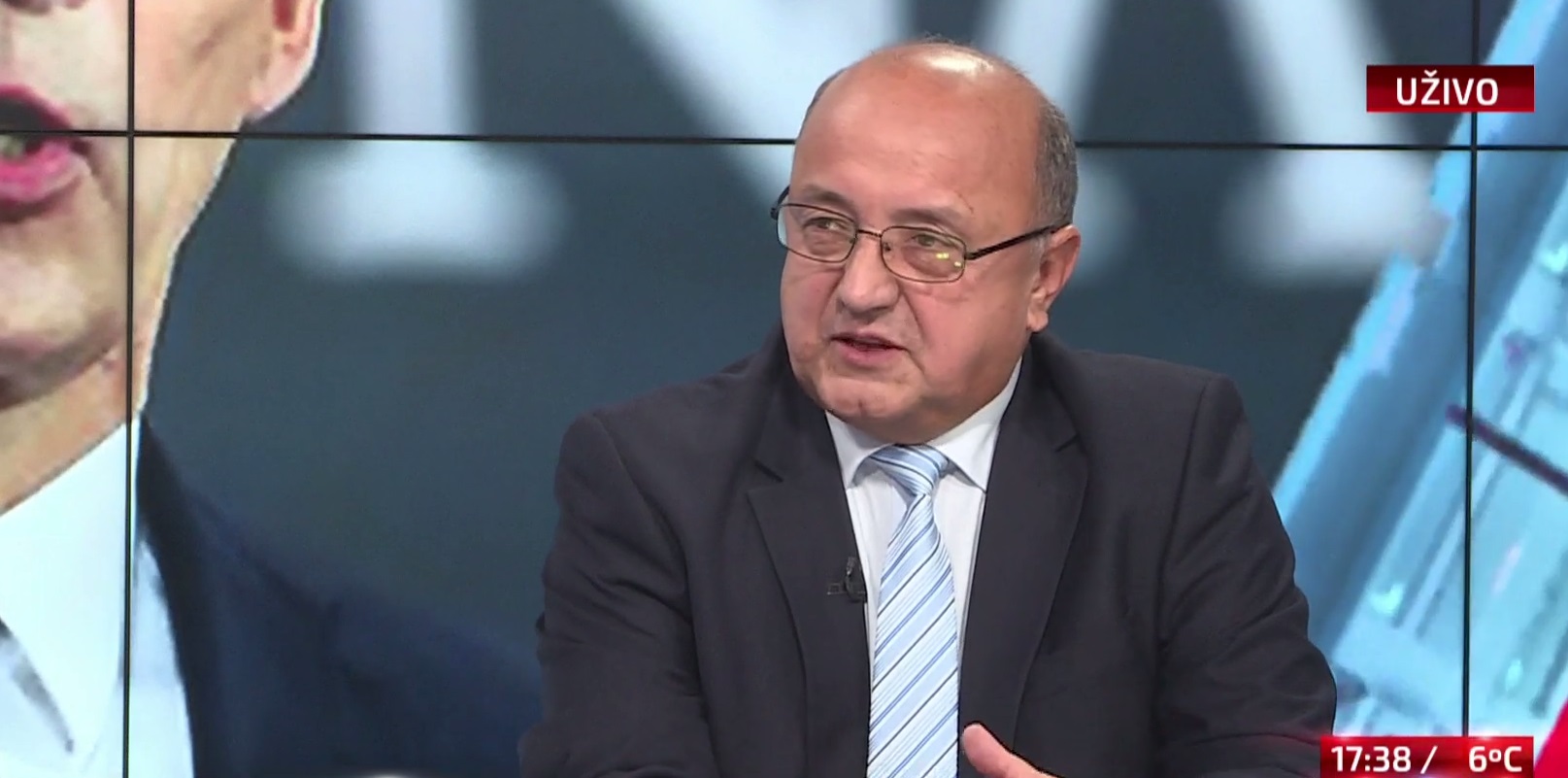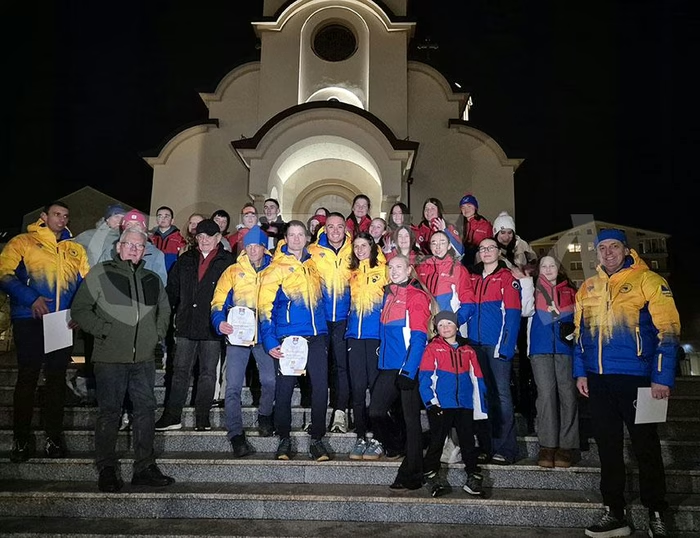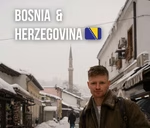Deputy Defence Minister: Sending Annual Programme does not equal NATO membership

Sending the Annual National Programme (ANP) to the NATO headquarters in Brussels - something Bosnia has been dragging its feet over - does not equal full membership in the alliance, but it does hint at it, Deputy Defence Minister Sead Jusic said on Thursday.
Oglas
The programme for cooperation with NATO as part of the Membership Action Plan (MAP) contains numerous measures the country must implement in order for it to become a full member.
He explained that it contains five basic policy areas: the legal, security, defence, economic and budget.
“A country which is invited into the MAP programme creates its first National Programme, defining what it wants to change and reform in key social areas and what it wants to emphasise,” Jusic explained.
Oglas
NATO does not tell the country what to write in the ANP, but some things are required, he said.
A country states that it wants to meet certain standards, and then the alliance reviews what the country stated in the document and eitheraccepts it or asks for it to be clarified or amended, he explained.
Bosnia’s Commission for NATO Integration has in 2017 and 2018 worked on preparing the ANP for when the MAP is activated, he said.
“What needs to be included was not explicitly ordered, nor how much of it there has to be. Most importantly, it should cover some essential measures which are important,” he said, adding that the goal is for policies to be compatible with standards in NATO member countries.
Oglas
He stressed that sending the ANP does not automatically mean NATO membership, although it does imply it for the future.
Jusic said it is important for Bosnia not to miss that chance.
He argued that Bosnia should not send “some false plan which means slow or no progress” toward the alliance, adding that he has no idea what Bosnia would send in a revised ANP.
Reforms for EU membership are more demanding, “especially regarding the legislature, but also regarding other standards,” he said.
Oglas
“If we implement the processes which lead us toward full membership in the EU and if those processes at least approximately follow the processes in the defence and security policies, which are a bit more tied to the NATO process, and we do it all through a consensus, I consider it a useful, good thing,” Jusic said.
Kakvo je tvoje mišljenje o ovome?
Učestvuj u diskusiji ili pročitaj komentare
Oglas
Kakvo je tvoje mišljenje o ovome?
Učestvuj u diskusiji ili pročitaj komentare
Oglas





 Srbija
Srbija
 Hrvatska
Hrvatska
 Slovenija
Slovenija



























































